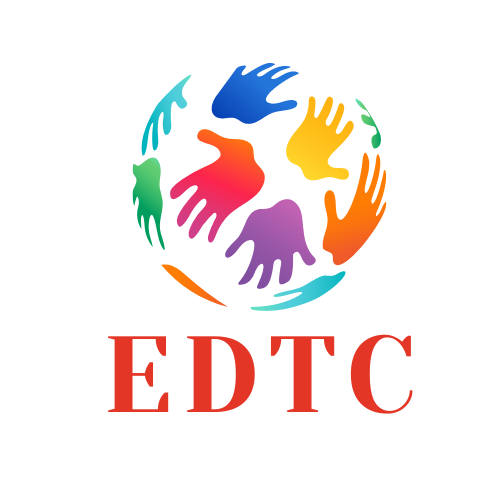Every child has the right to the best possible in life
GBV Training

GBV IS REAL
51% of women in SA say they’ve experienced GBV, with 76% of men saying they’ve perpetrated GBV at one stage in their lives (2010 Gauteng sample). A similar study revealed that one in five women report that they have experienced violence at the hands of a partner.
At the start of level 3 lockdown, 21 women and children were murdered in two weeks, leading the President to cite “…two devastating epidemics: Covid-19 and GBV”.
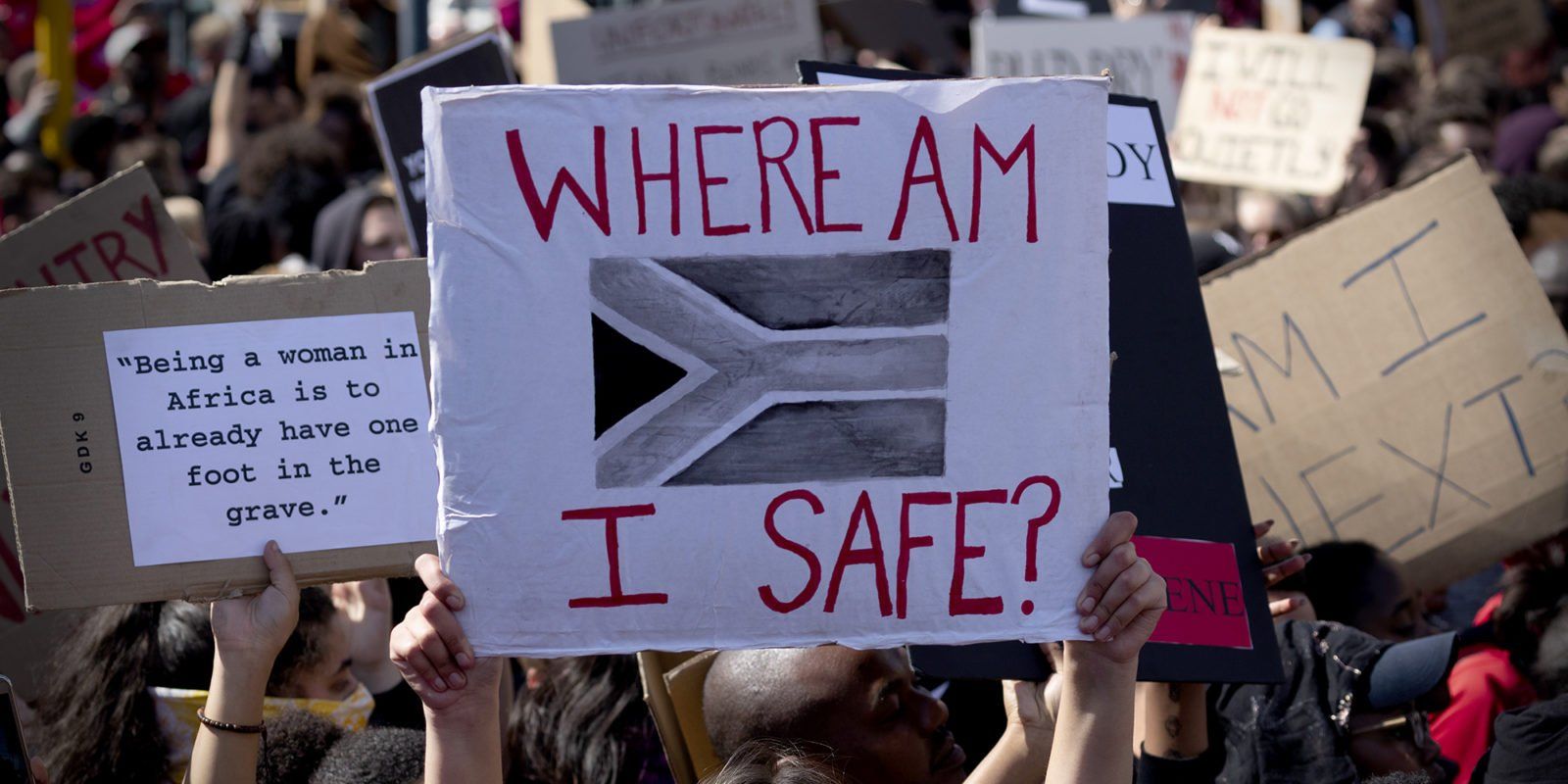
Slide title
Write your caption hereButton
Slide title
Write your caption hereButton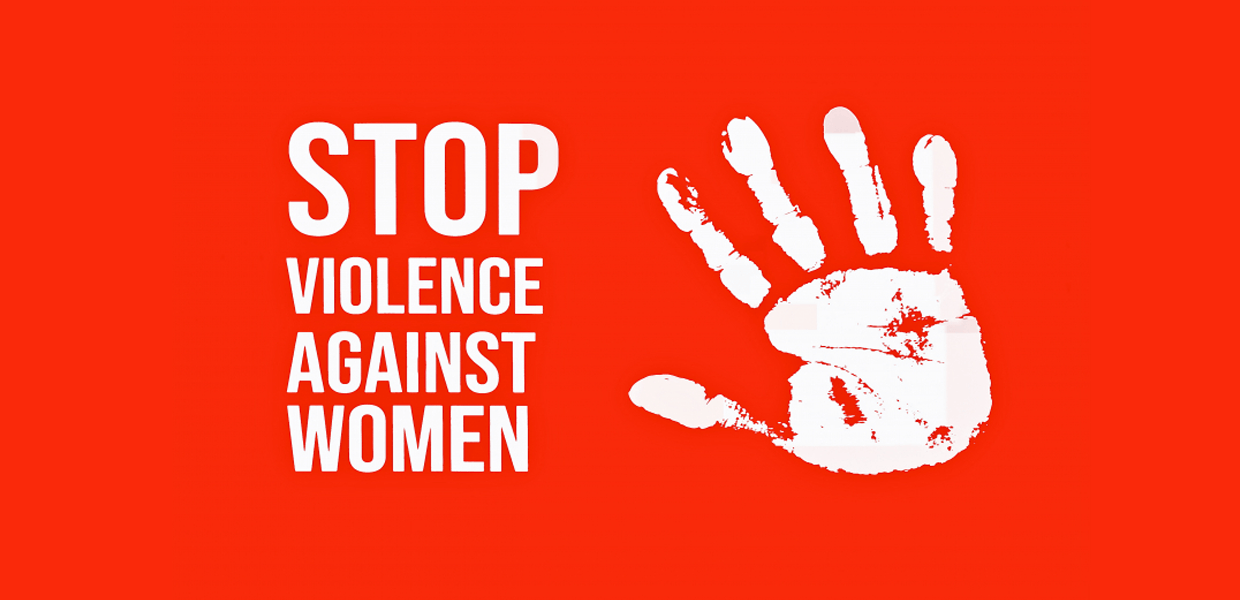
Slide title
Write your caption hereButton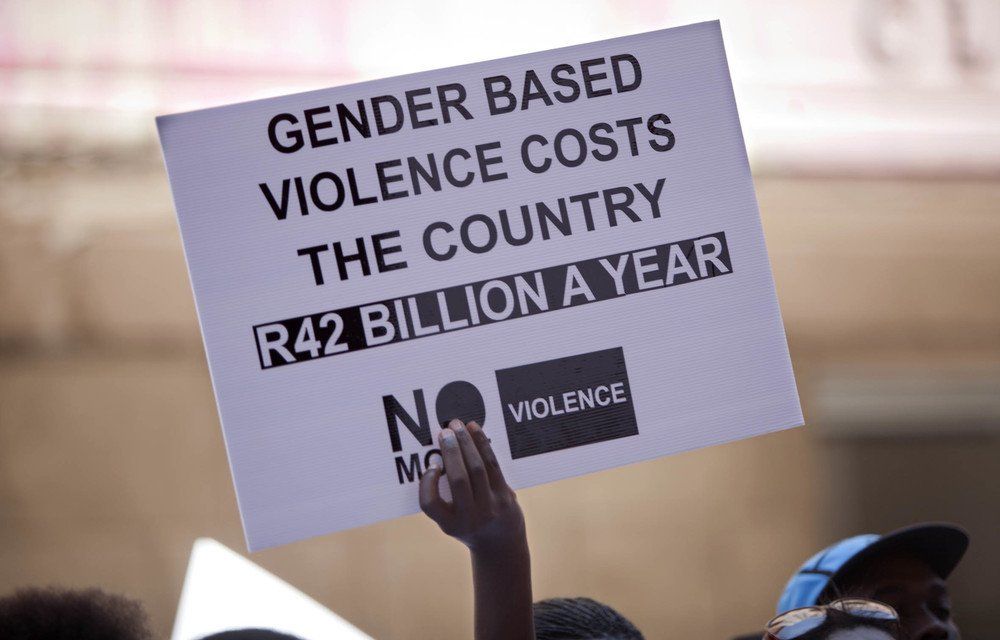
Slide title
Write your caption hereButton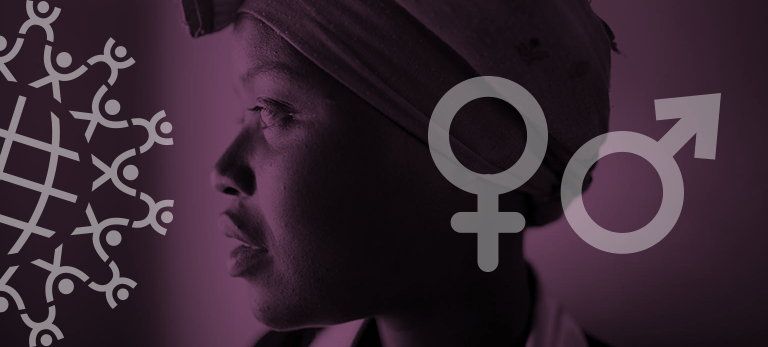
Slide title
Write your caption hereButton
Course objectives & programme
Objectives:
- Enhance the understanding of participants on issues of gender, rights, equality , and gender-based violence
- Differentiate the types of gender based violence
- Determine the effects of gender-based violence on health, development and education
Programme:
- Day 1 - Understanding sexual gender-based violence.
- Day 2 - Psycho-social support for survivors of sexual gender-based violence.
Training
The training provides information about different types of GBV as well as practical guidance on psycho-social support related to GBV. The focus is on the direct response to survivors GBV. It provides participants with skills and knowledge on how to handle disclosures of GBV and how to provide psycho-social support to people affected by GBV.
It is a standalone, two-day training workshop, but can also be combined with the Ebotse Community-Based Psycho-social Support:
Training kit or other basic training in psycho-social support.
A survivor-centered approach.
The training uses a survivor-centred approach: Everything begins with the experiences of the survivor. These experiences determine the needs and the needs determine the services required.
Contact Info
Address: 2 Hardach Street, Germiston, 1400
Phone: +27 87 822 1545
Mobile: +27 83 751 4238
Email: tcele@ebotse.org.za
